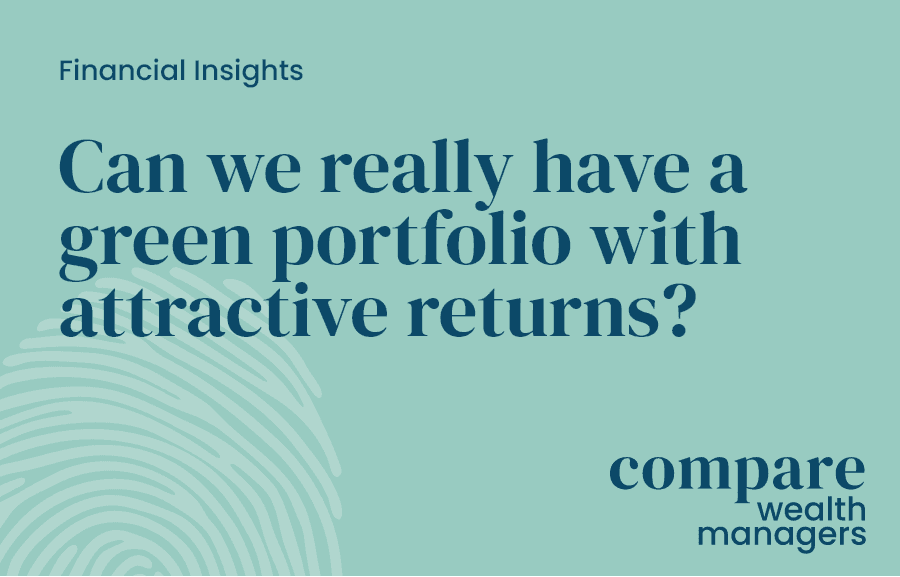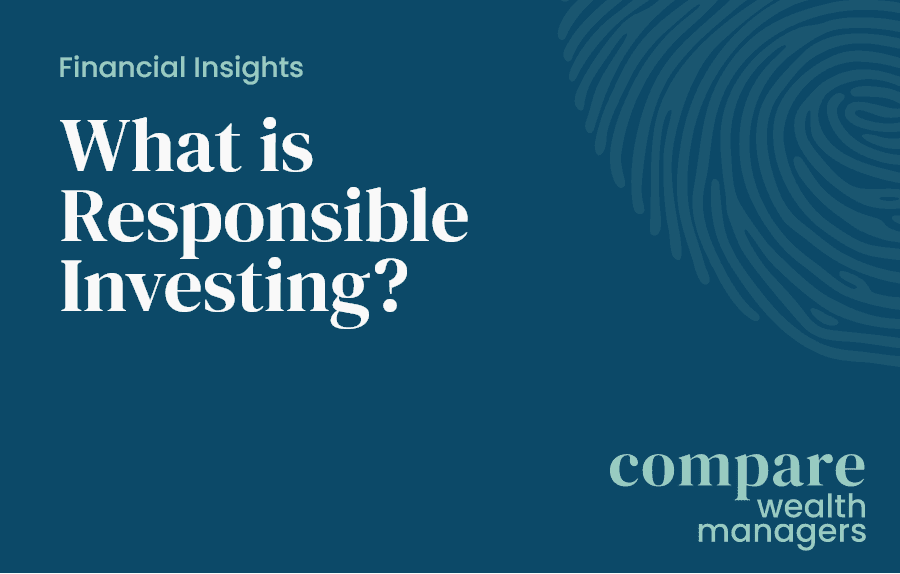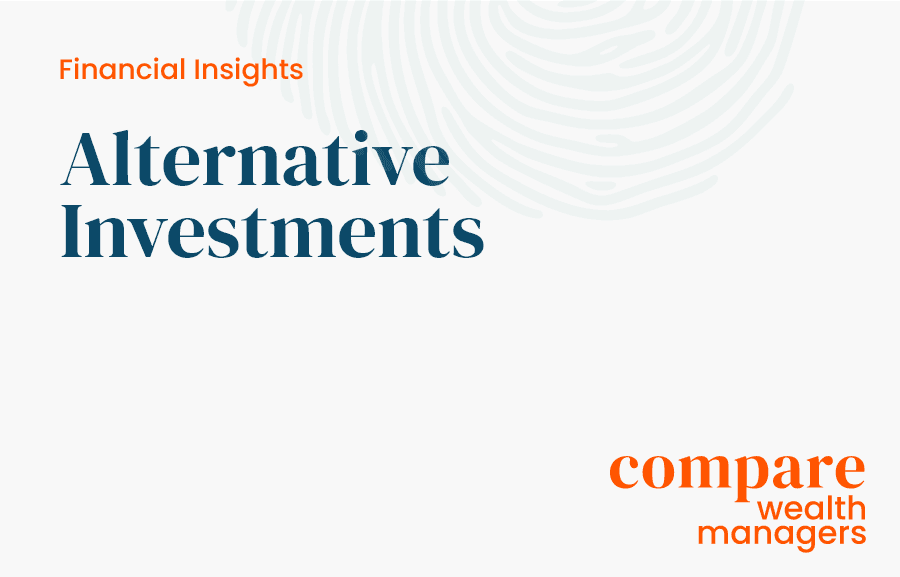Contents
In recent years, more and more investors have begun to prioritize environmental, social, and governance (ESG) factors alongside financial returns, leading to a surge in sustainable investing. This approach represents a significant shift in the investment landscape, where profitability is no longer the sole consideration. So, what exactly is sustainable investing, and how can investors align their portfolios with sustainability goals?
What is Sustainable Investing?
Sustainable investing, also known as socially responsible investing (SRI) or ethical investing, involves considering ESG factors alongside financial returns when making investment decisions. ESG factors encompass various criteria, including environmental impact, social responsibility, and corporate governance practices.
Investors embracing sustainable investing seek to support companies that demonstrate a commitment to responsible business practices and contribute positively to society and the environment. This strategy goes beyond avoiding controversial industries such as tobacco or weapons manufacturing. Instead, it actively seeks out companies that promote sustainability, innovation, and social progress. James Hambro and Partners, for instance, pursue sustainable investing by listening to the client’s specific requirements and “applying an “ethical overlay” to your portfolio to ensure the companies we invest in are also aligned to your goals”.
Building a Sustainable Portfolio
Creating a sustainable portfolio involves several key steps:
- Start by identifying ESG factors that align with your values and objectives, such as environmental conservation, social justice, workplace diversity, or ethical governance.
- When researching investments, prioritise companies and funds that demonstrate a commitment to sustainability through strong ESG performance metrics and transparent reporting practices.
- It is essential to diversify your investment across various asset classes, sectors, and geographic regions to mitigate risk and maximise returns.
- Companies and fund managers are engaged to advocate for sustainable practices. Shareholders use proxy voting, shareholder resolutions, and direct dialogue with company leadership to influence corporate behaviour.
- It's important to regularly review your investments' ESG performance and adjust your portfolio accordingly to align with your sustainability goals.
ESG vs. Sustainable Investing
While often used interchangeably, ESG investing and sustainable investing are not always the same. ESG investing primarily focuses on evaluating companies based on environmental, social, and governance criteria to mitigate risk and enhance long-term financial performance. It seeks to integrate these factors into traditional investment analysis to identify companies with sustainable business models and practices.
On the other hand, sustainable investing goes a step further by actively seeking out investments that promote positive social and environmental impact. It emphasises proactive engagement with companies to drive positive change and support sustainable development goals.
Impact investing: Focusing on social impact
Wealth managers can provide impact investing, which allows eligible investors to invest in innovative and high-growth companies that offer attractive returns with their products and services. At the same time, these companies also have a measurable positive impact on society and the environment. It's important to note that impact investing differs from sustainable investing. Impact investments are typically alternative investments, such as private equity, where new capital is injected into for-profit companies. “By choosing impact investments, you invest in companies that focus on generating attractive returns with their products and services while at the same time making a positive and tangible difference for people and the environment”, adds LGT.
Impact investing is a strategy aimed at reducing negative business effects on society and the environment. Investors consider a company's commitment to social responsibility before investing. Impact varies depending on the industry and company, such as community support or sustainable energy.
Impact investing aims to create positive social and environmental outcomes by investing, for instance, in nonprofits that benefit the community or clean-technology enterprises that benefit the environment.
Sustainable investing offers investors an opportunity to align their financial goals with their values and contribute to a more sustainable and equitable future. By considering ESG factors alongside financial metrics, investors can build portfolios that support companies committed to responsible business practices and promote positive social and environmental change. As the demand for sustainable investing continues to grow, investors have the power to drive meaningful change and shape a greener, more sustainable economy.





